Organic vs Synthetic debate :)
howelbama
11 years ago
Related Stories
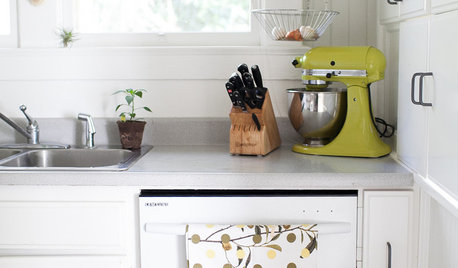
HOUSEKEEPINGDishwasher vs. Hand-Washing Debate Finally Solved — Sort Of
Readers in 8 countries weigh in on whether an appliance saves time, water and sanity or if washing by hand is the only saving grace
Full Story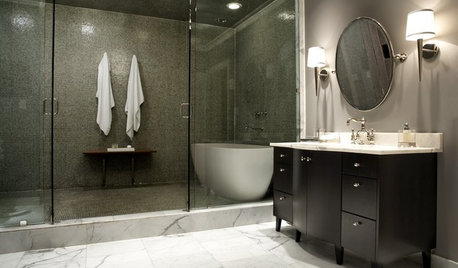
KITCHEN DESIGNUsing White Marble: Hot Debate Over a Classic Beauty
Do you love perfection or patina? Here's how to see if marble's right for you
Full Story
UPHOLSTERYTextile Textbook: Meet Your Must-Have Synthetic Fabrics
From the living room to the backyard, these textiles deserve a closer look by parents, pet lovers and those on the go
Full Story
GARDENING GUIDESHow to Switch to an Organic Landscape Plan
Ditch the chemicals for a naturally beautiful lawn and garden, using living fertilizers and other nontoxic treatments
Full Story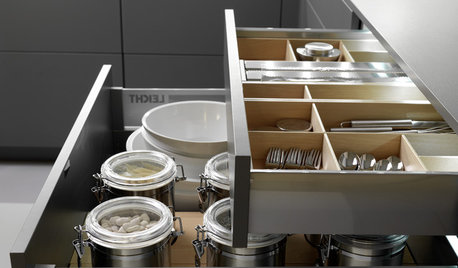
DECORATING GUIDESHow to Work With a Professional Organizer
An organizing pro can help you get your house together. Here's how to choose the right one and gain your own clutter-clearing skills
Full Story
FEEL-GOOD HOMEIs Your Bedroom Designed for a Good Night’s Sleep?
Find out how the right nightstands, bedding, rugs, TV and storage can help you get more restful slumber
Full Story
MOST POPULAROrganizing? Don’t Forget the Essential First Step
Simplify the process of getting your home in order by taking it one step at a time. Here’s how to get on the right path
Full Story
KITCHEN DESIGNKitchen of the Week: Organic Modernism in Seattle
Craftsmanship from top to bottom gives a linear kitchen overlooking Puget Sound a natural feel
Full Story
MY HOUZZMy Houzz: Organic Minimalism in a Denver Redo
Before and After: Avid DIY-ers bring a 1970s home back to life with midcentury and bohemian decor
Full Story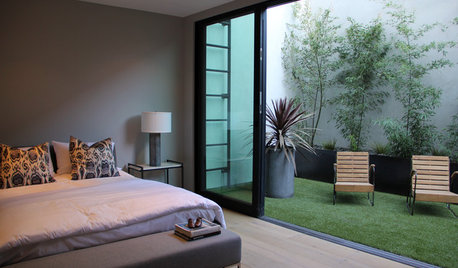
LANDSCAPE DESIGNIs It Time to Consider Fake Grass?
With more realistic-looking options than ever, synthetic turf can be a boon. Find the benefits and an installation how-to here
Full StoryMore Discussions






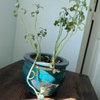
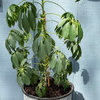

dirtguy50 SW MO z6a
calistoga_al ca 15 usda 9
Related Professionals
Otsego Landscape Architects & Landscape Designers · Signal Hill Landscape Architects & Landscape Designers · Gainesville Landscape Contractors · Hartford Landscape Contractors · Fort Mill Landscape Contractors · Lakewood Landscape Contractors · Lynwood Landscape Contractors · Mount Kisco Landscape Contractors · Pleasant Prairie Landscape Contractors · North Aurora Landscape Contractors · Phoenix Solar Energy Systems · Littleton Window Contractors · Bay Point Window Contractors · Oldsmar Fence Contractors · Safety Harbor Fence ContractorshowelbamaOriginal Author
jodik_gw
fortyonenorth
emgardener
prestons_garden
tapla (mid-Michigan, USDA z5b-6a)
TheMasterGardener1
capoman
fortyonenorth
jolj
tapla (mid-Michigan, USDA z5b-6a)
capoman